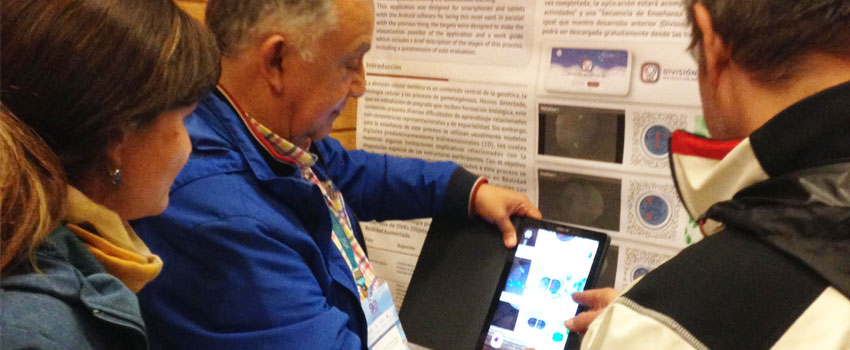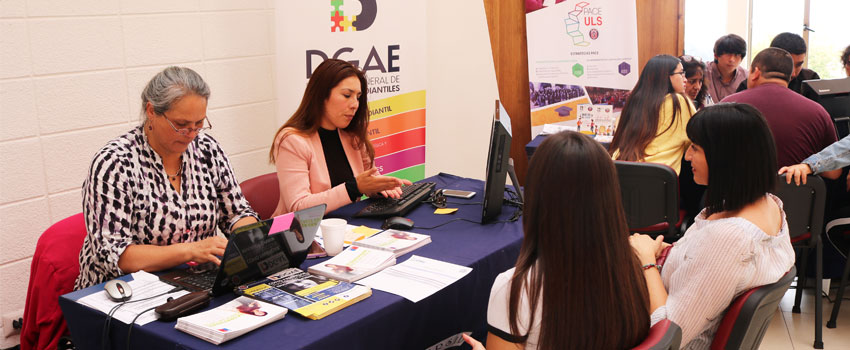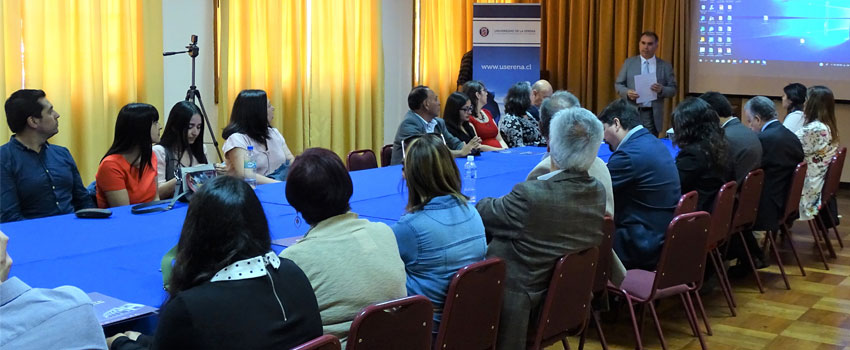
The work is carried out within the framework of the Applied Pedagogical Research Program (IPA) promoted by the Institutional Improvement Plan for Initial Teacher Training (PMI FIP ULS1501) and managed through the Integrated Management Unit of Pedagogies (UGIP) .
Promoting and strengthening the formation of research teams in the educational area is one of the focuses that the UGIP unit has within the actions developed to improve the work of the pedagogical careers of the university. In this context, since 2016, with the support of the ULS Research and Development Directorate, the Applied Pedagogical Research Competition has been held, which has brought together academics, classroom teachers and undergraduate students to carry out various projects that respond to the educational problems expressed by educational establishments in the region.
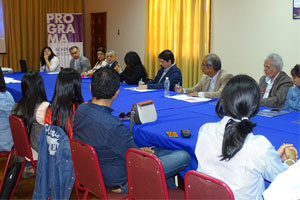 “The investigations had to comply with three mandatory components; First, they must be works that seek to solve real classroom problems; second that they are directly linked to educational centers; and, finally, they must have the participation of academics from the University, professors from the educational system and also pedagogy students,” explained the alternate executive director of the UGIP and person in charge of the IPA program, Dr. Fabián Araya.
“The investigations had to comply with three mandatory components; First, they must be works that seek to solve real classroom problems; second that they are directly linked to educational centers; and, finally, they must have the participation of academics from the University, professors from the educational system and also pedagogy students,” explained the alternate executive director of the UGIP and person in charge of the IPA program, Dr. Fabián Araya.
In this way, in its latest version, there were three projects awarded by academics belonging to the Department of Education, Faculty of Humanities, and Faculty of Social and Economic Sciences. The works were presented at the Annual Design and Implementation Evaluation Conference, on which occasion the preliminary results obtained by the researchers and their respective teams were announced.
One of the works is “Evaluation of the implementation of the ODEAT model for the design of didactic interventions with ICT integration at the San Rafael de Pan de Azúcar School” by the researcher Mg. Rodrigo Castillo and co-investigator Dr. Hugo Tapia, who worked in collaboration with the school's teachers, graduate Alexis Sarzosa and student Rodrigo López.
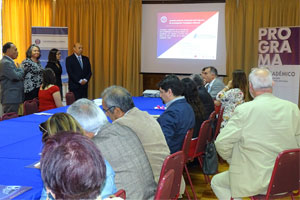 “Among the preliminary results, a medium knowledge is observed in the evaluation part and in the objectives, and a very low knowledge and integration of the technology. Although the School had a type of technology, when faced with the ODEAT model the teachers realized that there was poor management of it (...). In this sense, the model allows you to adapt your pedagogical practice, favors decision-making around ICT and develops a reflective process for class design. This proposed model is for the teacher to reflect before designing his class,” explained researcher Castillo.
“Among the preliminary results, a medium knowledge is observed in the evaluation part and in the objectives, and a very low knowledge and integration of the technology. Although the School had a type of technology, when faced with the ODEAT model the teachers realized that there was poor management of it (...). In this sense, the model allows you to adapt your pedagogical practice, favors decision-making around ICT and develops a reflective process for class design. This proposed model is for the teacher to reflect before designing his class,” explained researcher Castillo.
For its part, another of the projects presented was called “Determine Integrated Learning Strategies for the Extraction of Information from Texts and Images” led by the academic Mg. Hernán Cortes and the coordinator Mg. María Carmen Varela, who worked together with teachers from the Eusebio Lillo School in Coquimbo and students from Ped courses. in Biology and Natural Sciences, Ped. in English and Ped. in History and Geography.
"It is estimated that the research determines a model that considers the strategies required for the development of skills and abilities, becoming a vital competence tool to access knowledge and the construction of reality, which is achieved through this position, with the interpretation and extraction of information from texts and images. A successful evaluation of this model in the case study would allow widespread application at all levels and subjects of the establishment and feasible dissemination to other establishments in the local educational network. The greatest expected achievement is that this strategic model constitutes a tool for practicing teachers and for those who are currently in training, allowing them to develop skills in the extraction of information from written texts and images,” said academic Varela.
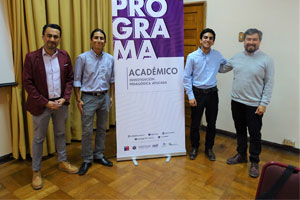 The last research presented corresponded to the one titled “Evaluative strategies that develop learning of English Language skills in seventh and eighth grade students from two schools in the Coquimbo Region - Chile”, which was developed by Dr. Rodrigo Ruay with the academic Elvis Campos and supported by teachers Karina Vásquez (Arturo Prat Chacón School) and Jorge Carvajal (El Palqui School) and the students of the Ped degree. in English.
The last research presented corresponded to the one titled “Evaluative strategies that develop learning of English Language skills in seventh and eighth grade students from two schools in the Coquimbo Region - Chile”, which was developed by Dr. Rodrigo Ruay with the academic Elvis Campos and supported by teachers Karina Vásquez (Arturo Prat Chacón School) and Jorge Carvajal (El Palqui School) and the students of the Ped degree. in English.
“The main focus of the research is evaluation, which is fundamental within the teaching-learning process, since it provides relevant information regarding the performance of the students as well as the teacher, among other elements. From this, and in practical terms, our research aimed to detect flaws, inconsistencies or biases in the evaluation processes carried out in the establishments and from there implement an improvement plan that is in relation to the current national curriculum and the expected objectives in the area of English,” said student Ignacia Medina, project participant,
With these works we hope to contribute to the increase in research focused on the initial training of teachers and the level of scientific productivity, both in its quantity and quality. Therefore, the product of the three awarded works will be the preparation of an article that gives an account of the results obtained in each project carried out.
Source: Integrated Pedagogy Management Unit (UGIP) – PMI FIP ULS1501 | CM ULS1755

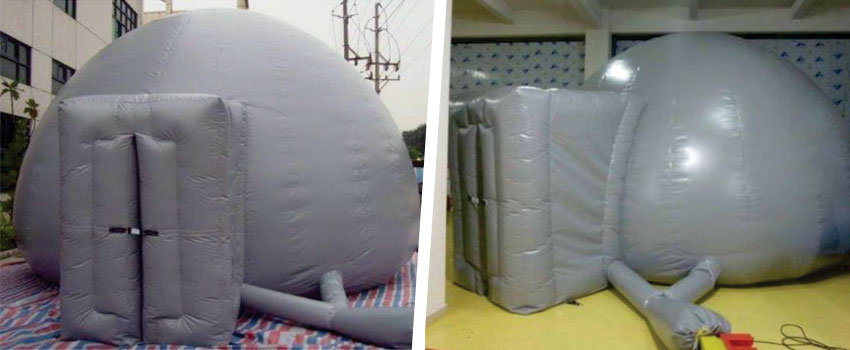
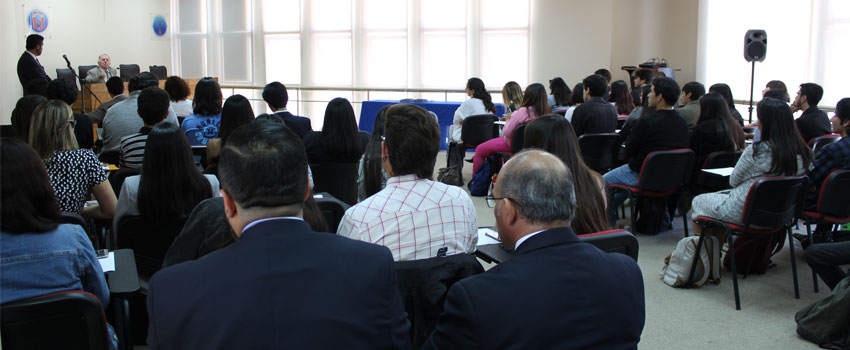
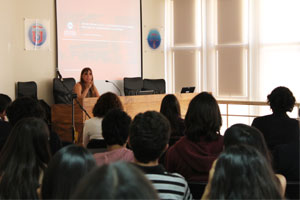 Regarding the instance, the Director of the ULS Law program, Germán Solís, commented: “We are very interested in our students listening to people from the first source, therefore, our objective is to collaborate with our students and also to be a reference. in the region with these activities.”
Regarding the instance, the Director of the ULS Law program, Germán Solís, commented: “We are very interested in our students listening to people from the first source, therefore, our objective is to collaborate with our students and also to be a reference. in the region with these activities.”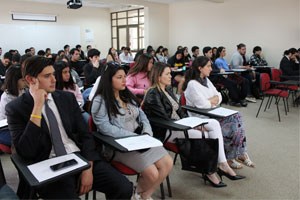 The second part of the activity was led by Dr. iur. Carolina Schiele, who gave the presentation “Praetor, jurists and judges: The officium iudicis in the procedural means of compensation for imppensae.” The professional also thanked the invitation to collaborate in this type of training at the University of La Serena.
The second part of the activity was led by Dr. iur. Carolina Schiele, who gave the presentation “Praetor, jurists and judges: The officium iudicis in the procedural means of compensation for imppensae.” The professional also thanked the invitation to collaborate in this type of training at the University of La Serena.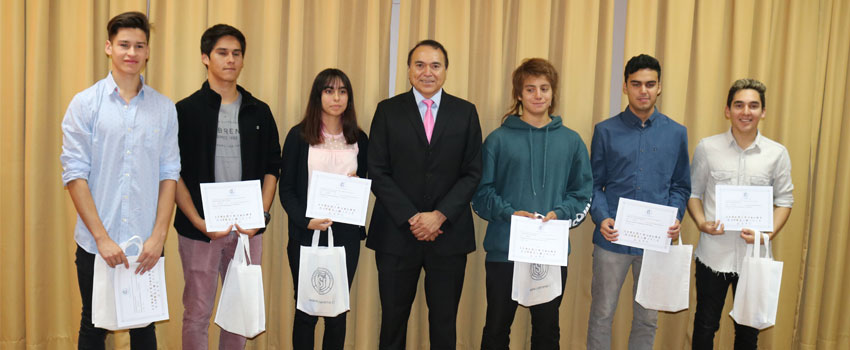
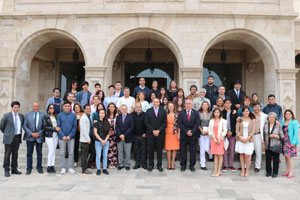 The activity was headed by the Rector of the ULS, Dr. Nibaldo Avilés, and the Seremi of Education, Claudio Oyarzún, who highlighted the achievement of the students and the efforts of their parents and family, who accompanied them in this emotional event.
The activity was headed by the Rector of the ULS, Dr. Nibaldo Avilés, and the Seremi of Education, Claudio Oyarzún, who highlighted the achievement of the students and the efforts of their parents and family, who accompanied them in this emotional event.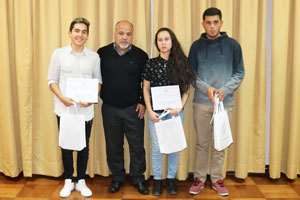 Alonso Rojas, who wants to study Civil Engineering in Mathematics at the University of Chile, commented that he knew he would obtain a good result, considering that “at school I had very good preparation, we did a lot of essays. In addition, I took a pre-university course and did a lot of exercises.”
Alonso Rojas, who wants to study Civil Engineering in Mathematics at the University of Chile, commented that he knew he would obtain a good result, considering that “at school I had very good preparation, we did a lot of essays. In addition, I took a pre-university course and did a lot of exercises.”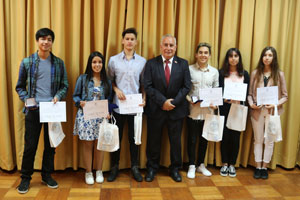 In addition, recognitions were given for academic merit for obtaining 850 grade ranking points along with the best average of the mandatory PSU tests, which went to Nataly Torres Carvajal, from Colegio Nuestra Señora de Andacollo (professional technician); Emilia Acuña Arcos, from the Sacred Hearts; Alonso Rojas Reyes, from Serena School; Matías Sáez Barraza, from Trinity; Tamara González Leyton, from the José María Escriva High School in Balaguer, and Bruno Masserano Gómez, from the José Manuel Balmaceda School.
In addition, recognitions were given for academic merit for obtaining 850 grade ranking points along with the best average of the mandatory PSU tests, which went to Nataly Torres Carvajal, from Colegio Nuestra Señora de Andacollo (professional technician); Emilia Acuña Arcos, from the Sacred Hearts; Alonso Rojas Reyes, from Serena School; Matías Sáez Barraza, from Trinity; Tamara González Leyton, from the José María Escriva High School in Balaguer, and Bruno Masserano Gómez, from the José Manuel Balmaceda School.